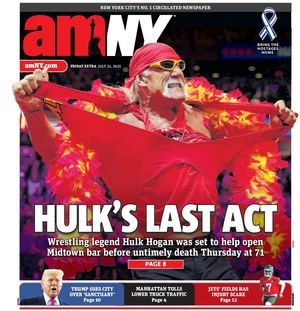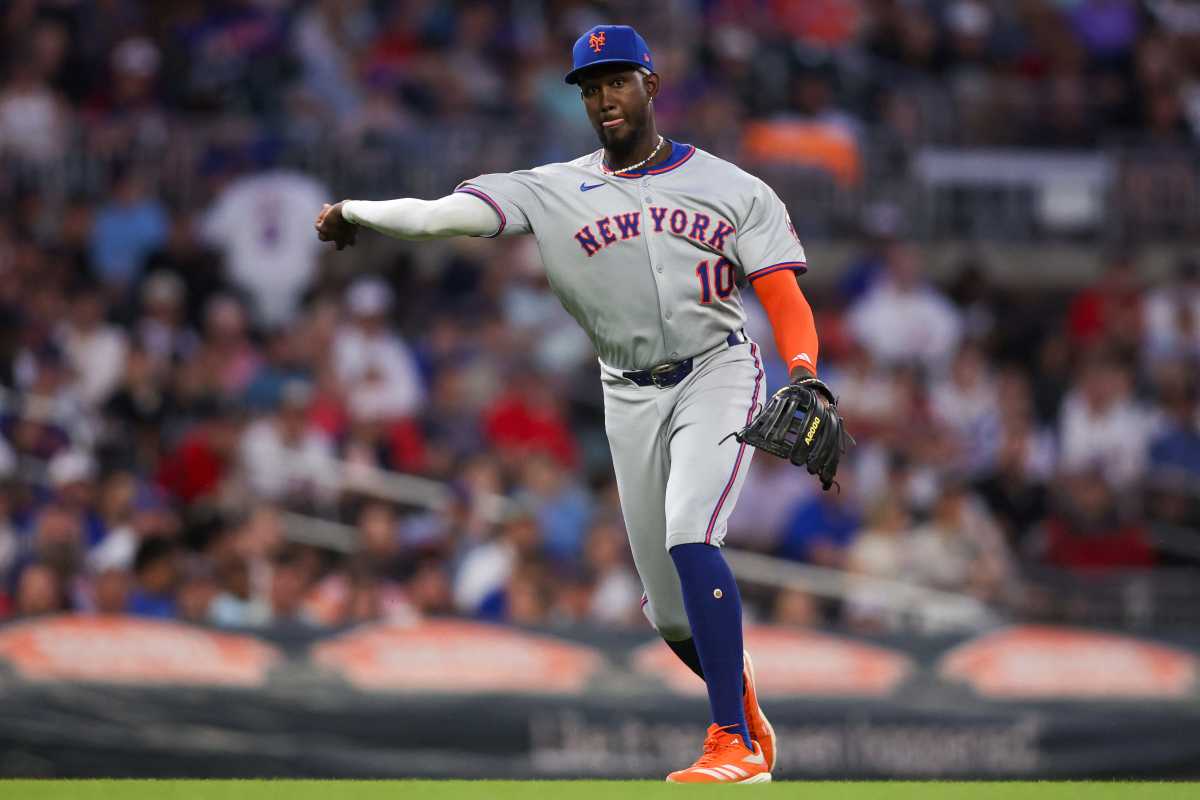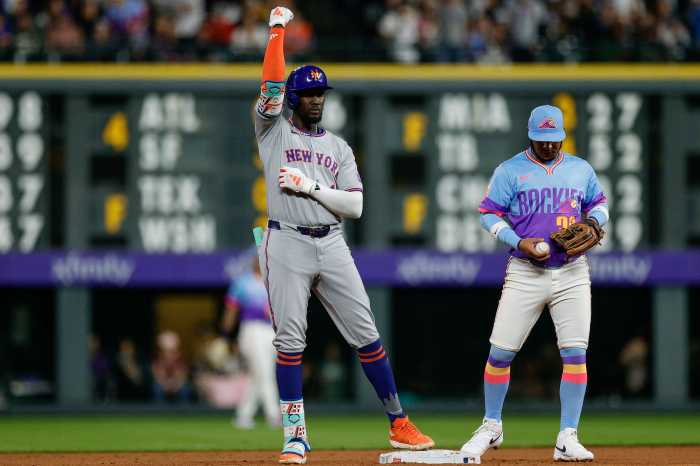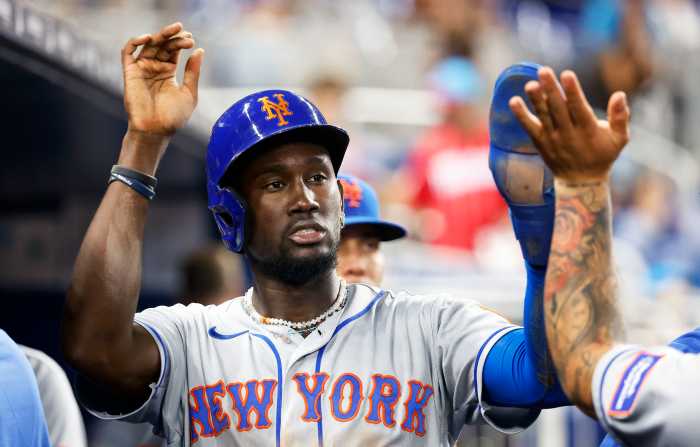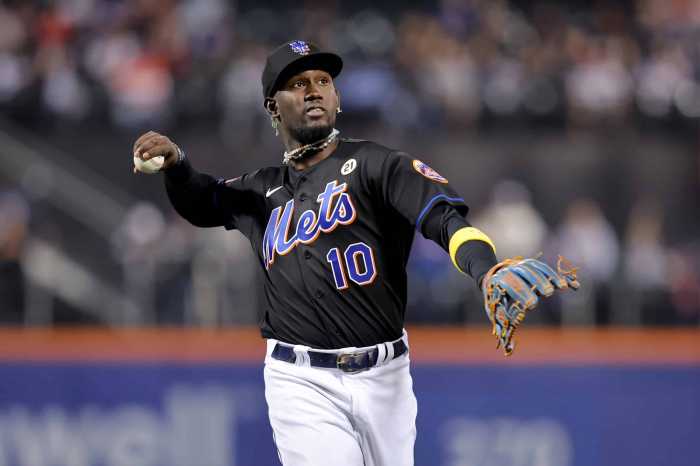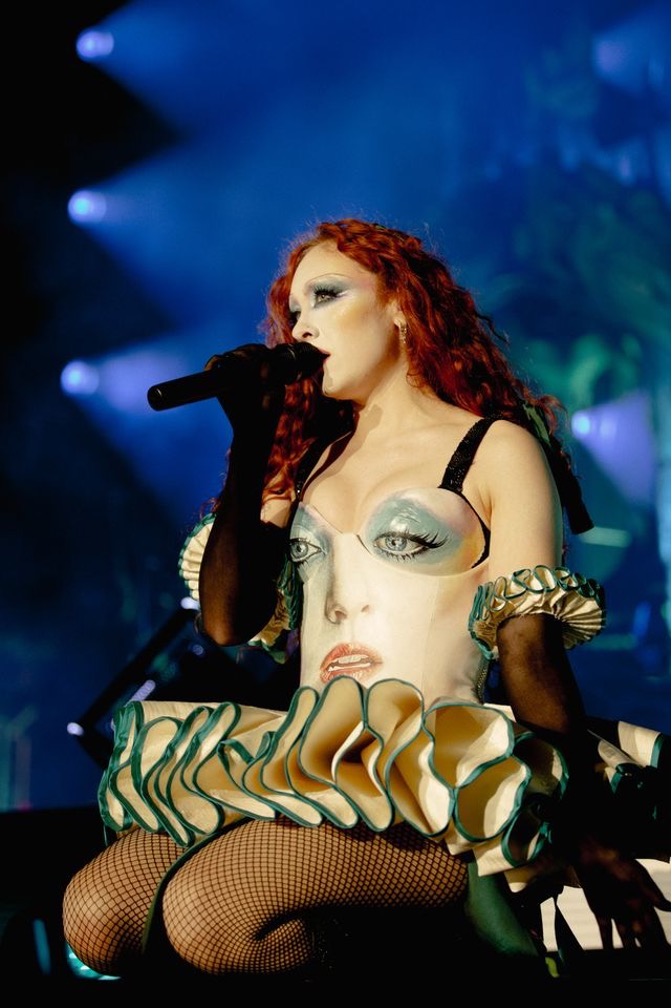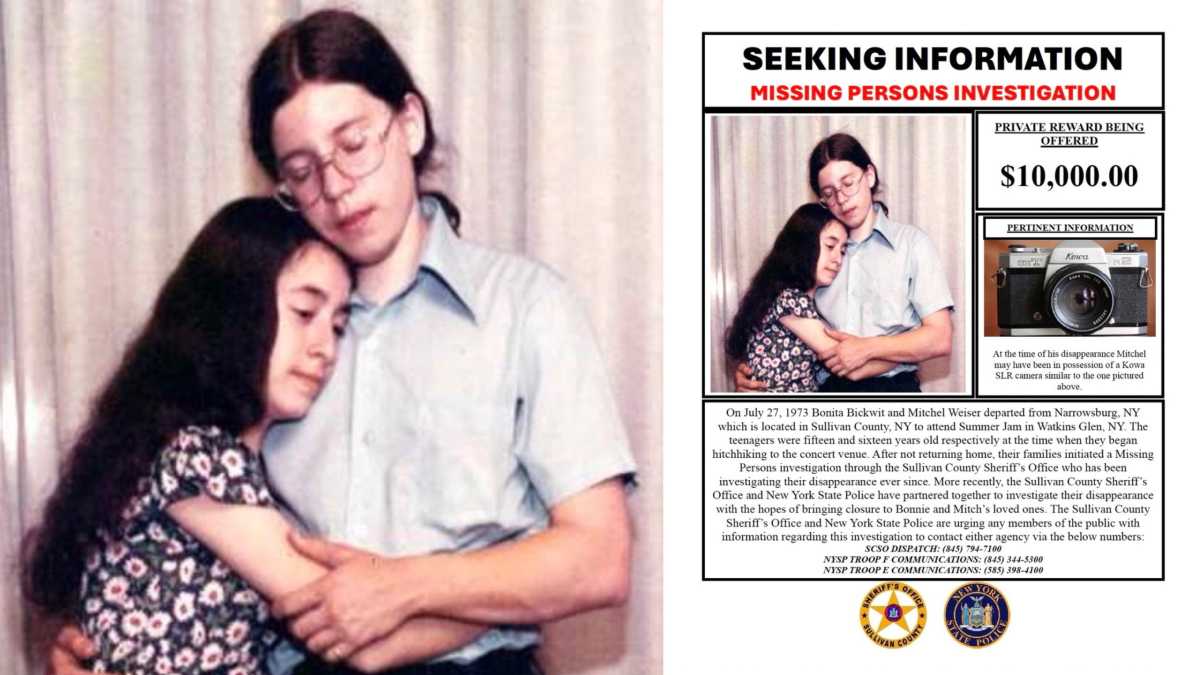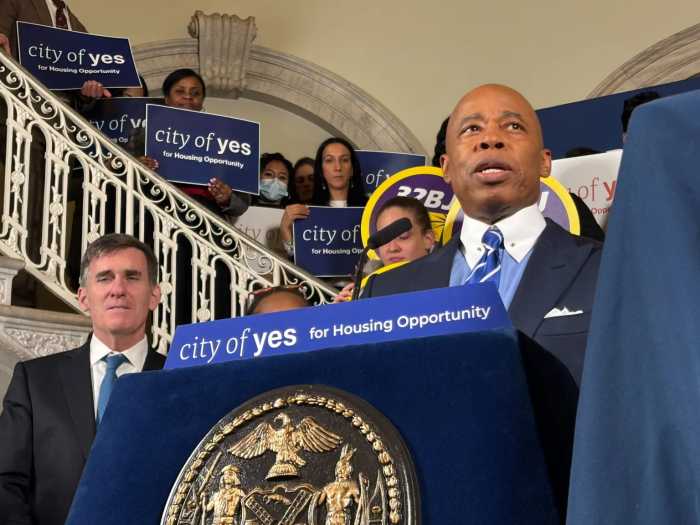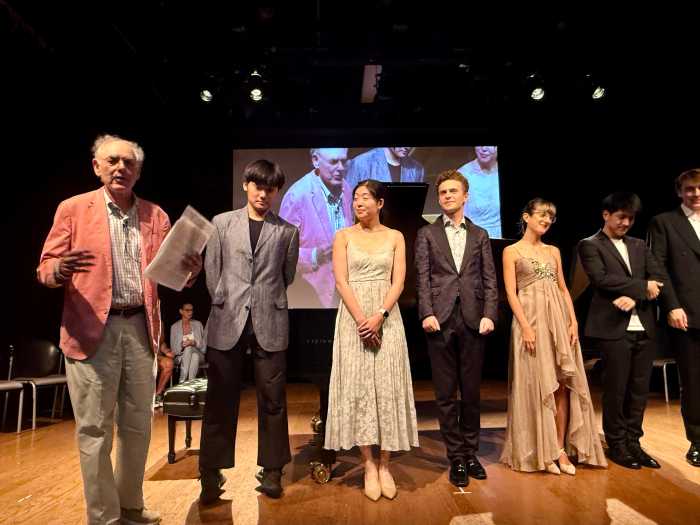Brett Baty was supposed to be the Mets’ franchise third baseman of the future, but then it was Mark Vientos. Is it now Ronny Mauricio’s turn to enter the chat?
The hot corner remains a significant question mark for New York due to Baty’s inconsistency over the last four years and Vientos’ significant offensive regression this year, and not-so-great fielding.
Simply put, there is an opening for someone to run away with the job, and Mauricio is at least beginning to mount the early stages of a case for why he should be the answer.
With consistent playing time has come more confidence at the plate. In his last 10 games entering Wednesday’s middle game against the Baltimore Orioles at Camden Yards, the 24-year-old, who returned to competitive action in May after a prolonged rehab from knee surgery, is slashing .344/.417/.594 (1.010 OPS) with two home runs and three RBI.
His full presence was felt on Tuesday night, delivering a game-tying home solo home run in the top of the sixth inning to open the scoring for the Mets.
While his defense at third obviously needs polishing, he is capable of making the difficult, important plays when needed. After the Orioles blew the game open and the Mets came back to tie it at six apiece behind Francisco Lindor and Pete Alonso’s two-run home runs, Mauricio preserved the tie in the bottom of the eighth with his glove.
With runners on first and second with one out, reliever Reed Garrett coaxed a grounder to Mauricio at third. With two strides, he caught the ball, stepped on the third-base bag, and fired a side-armed throw across the diamond, where a lunging first baseman, Pete Alonso, was able to stay on the bag to complete the inning-ending double play. The Mets went on to win it in extras behind Juan Soto’s RBI single in the 10th.
His skillset is undeniable. Mauricio’s versatility is exactly what president of baseball operations, David Stearns, wants in his club, with an ability to play second base and shortstop, along with third. While his plate discipline still needs some work, not many others in Major League Baseball can hit the ball as hard as he can, with an average exit velocity of 91.7 mph.
“He’s ready to go,” manager Carlos Mendoza said of Mauricio. “He’s handling whatever we throw at him, whether he’s in the starting lineup or he’s not… It says a lot for a young player to be able to handle that role the way he’s doing it. It’s always good to see from the young players… especially a guy like Mauricio who has missed so much time last year.”
